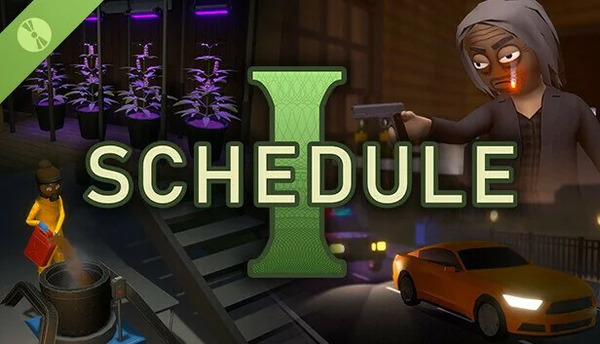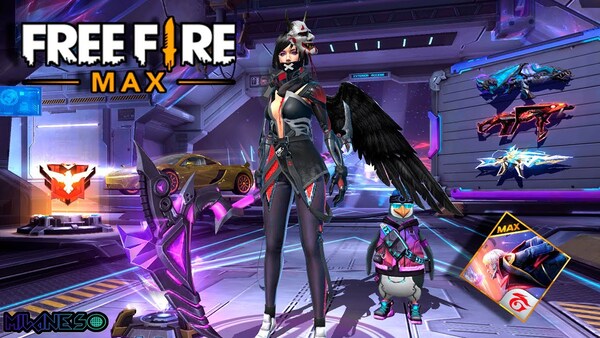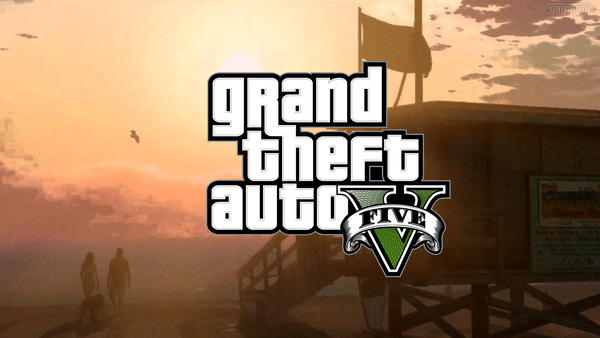Title: Grand Theft Auto VI: The Evolution of Crime, Chaos, and Creativity in a Next-Gen World
Opening Paragraph
Few franchises in gaming history command the kind of global anticipation that Grand Theft Auto VI (GTA VI) does. Following the monumental success of Grand Theft Auto V, Rockstar Games' upcoming installment has sparked widespread speculation, leaks, fan theories, and heated debates across gaming communities. Nearly a decade in the making, GTA VI promises to redefine open-world gaming with cutting-edge technology, complex narratives, and an immersive environment that mirrors the chaos and charm of modern society. This in-depth article explores everything known and expected about GTA VI from its development to its setting, characters, mechanics, and market impact backed by analysis and expert insights.
1. The Long Road to GTA VI: Development Timeline and Delays
The journey to Grand Theft Auto VI has been long and shrouded in secrecy. Development likely began shortly after the massive success of GTA V, which became the best-selling entertainment product in history. However, Rockstar shifted focus to GTA Online, which generated significant revenue and prolonged the release of a new installment.
After years of silence, credible leaks and reports began surfacing around 2020. A major cyberattack in 2022 revealed early gameplay footage, confirming that the game was indeed deep in development. Rockstar officially acknowledged the leaks but remained committed to delivering a polished, genre defining experience rather than rushing to meet public demand.
2. Setting and World Design: A Modern Vice City Reimagined
One of the most exciting revelations is the return to Vice City, Rockstar’s neon-drenched version of Miami. However, this is not the same 1980s playground seen in GTA: Vice City GTA VI's version is expected to be set in a modern day, sprawling metropolis filled with cultural diversity, urban chaos, and socio-political tension.
According to leaked footage and insider reports, the map may extend beyond Vice City to include swamplands, rural areas, and possibly other cities. The ambition here is to create the most detailed and interactive open world in Rockstar’s history, blending nightlife, criminal underworlds, and everyday life with stunning realism.
3. Dual Protagonists and Narrative Depth
GTA VI reportedly features two main protagonists Lucia and Jason marking the franchise’s first female playable lead. The narrative will allegedly follow their intertwined criminal journey, possibly inspired by Bonnie and Clyde, with themes of love, loyalty, betrayal, and power.
This dual-character system is expected to expand the narrative depth, offering different viewpoints and dynamic missions that require both collaboration and individual action. Rockstar's previous work on Red Dead Redemption 2 and GTA V proves they can handle layered storytelling with emotional weight and branching consequences.
Pros:
-
First female protagonist adds narrative freshness
-
Dual perspectives offer varied gameplay
Cons:
-
Risk of imbalanced character development
-
Complexity may alienate casual players
Rating: ★★★★☆ (4.7/5)
4. Gameplay Mechanics: Evolution Over Revolution
Rockstar isn’t just making the world bigger they’re making it smarter. Gameplay mechanics in GTA VI are expected to go beyond typical run and gun action. Improved physics, dynamic NPC behavior, and enhanced police AI will bring the world to life in unprecedented ways.
Players can expect refined gunplay, expanded stealth options, more realistic driving, and interactive interiors. There may even be systems for managing relationships, businesses, or emotional states, building on RPG like elements from RDR2.
5. Vehicles, Customization, and Exploration
Cars have always been at the heart of Grand Theft Auto. In GTA VI, the vehicle system is expected to receive a major overhaul. Enhanced driving physics, better damage modeling, and deeper customization options will make vehicles more integral than ever.
Beyond cars, players may access boats, helicopters, bikes, and even underground travel systems. Exploration will also be more rewarding, with hidden events, easter eggs, and secret missions scattered across the map, encouraging curiosity and replayability.
6. GTA Online 2.0: The Future of Multiplayer
With GTA V Online becoming a cultural phenomenon, expectations are sky high for GTA VI’s online mode, often referred to as GTA Online 2.0. Built separately but integrated with the main game, this mode is expected to include persistent progression, larger lobbies, and more structured missions.
Rockstar may introduce dynamic heists, player-owned properties, advanced roleplay servers, and seasonal events. There are also rumors of cross platform play and dedicated mobile support, which could significantly expand its audience.
7. AI and World Interactions: Living, Breathing Simulation
One of GTA VI’s most ambitious goals is to create a living world where NPCs behave with realism and consistency. Pedestrians might have daily routines, respond dynamically to player actions, and interact with one another in unscripted ways.
Shops, bars, clubs, and homes may now be explorable without load screens. Weather systems could impact behavior and missions. AI police may investigate crimes more intelligently, raising the stakes for reckless actions.
8. Graphics, Sound, and Next-Gen Tech
Built likely using Rockstar’s RAGE engine, GTA VI is expected to push next-gen hardware to its limits. From photorealistic lighting and weather effects to detailed textures and animations, this could be one of the best looking games ever created.
Sound design will be just as crucial, with immersive audio effects, real time sound propagation, and possibly a brand new radio soundtrack featuring both emerging and classic artists.
9. Release Date, Platforms, and Monetization
While Rockstar has not officially confirmed the release date, most analysts expect GTA VI to launch in late 2025 or early 2026 for PlayStation 5, Xbox Series X/S, and PC. Previous Rockstar patterns suggest PC may receive a delayed launch.
Monetization is a hot topic. GTA Online 2.0 will almost certainly include in-game purchases, but fans hope single-player remains untouched by pay-to-win mechanics.
10. Cultural Impact and Industry Expectations
GTA VI is more than just a game it’s a cultural event. Its release will influence game design, monetization models, and open-world standards across the industry. Rockstar is under intense pressure to not only meet but exceed expectations.
This title must balance legacy and innovation, freedom and focus, satire and sensitivity. With global anticipation at an all-time high, GTA VI is poised to become the most talked about game of the decade.
Conclusion: GTA VI Is Poised to Redefine the Open-World Genre
Grand Theft Auto VI represents a monumental step forward for Rockstar Games and the industry at large. With a modern setting, dual protagonists, revolutionary mechanics, and a deeper online ecosystem, it blends nostalgia with innovation to appeal to both old-school fans and new players alike.
Despite the risks that come with sky-high expectations, Rockstar has consistently demonstrated an ability to deliver groundbreaking, polished experiences. If GTA VI succeeds and all signs point to that it won’t just be another blockbuster. It will be a milestone in gaming history.




























